Experience relaxation and peace in your Germantown backyard with our proven mosquito control solution. Trusted by families in Germantown, our innovative approach not only repels mosquitoes but also establishes a durable barrier customized to your outdoor environment. Mosquito Shield of Memphis is dedicated to creating mosquito-free zones, so you can enjoy your outdoor spaces without interruption.
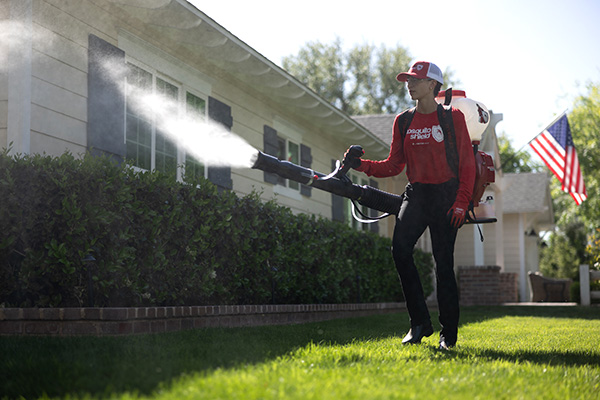
Effective mosquito control in Germantown,TN that drives mosquitoes away and keeps them out of your yard.

Enjoy mosquito-free outdoor time in Germantown with treatments designed to provide lasting results.

Highly rated mosquito control services in Germantown, trusted by residents to enhance outdoor living.
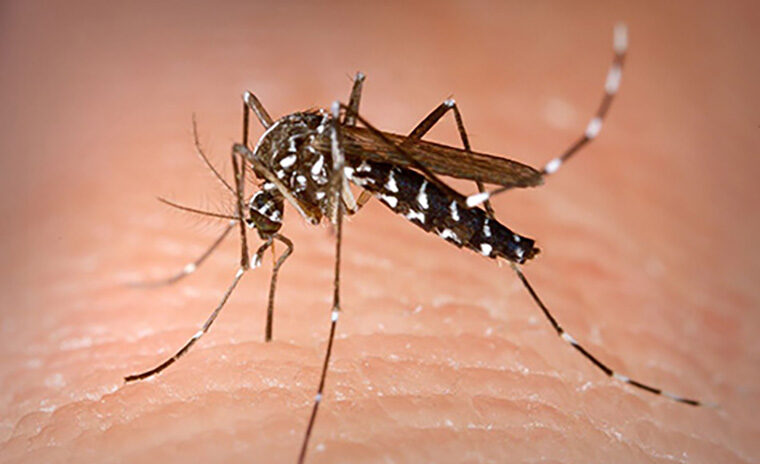
Identification: Small, black body with white leg bands and a lyre-shaped marking on the thorax.
Habitat: Common in urban areas—breeds in artificial containers like flowerpots, birdbaths, gutters, and trash cans.
Behavior: Aggressive daytime biter; prefers humans over animals.
Health Risks: Can transmit Zika, dengue, and chikungunya viruses.
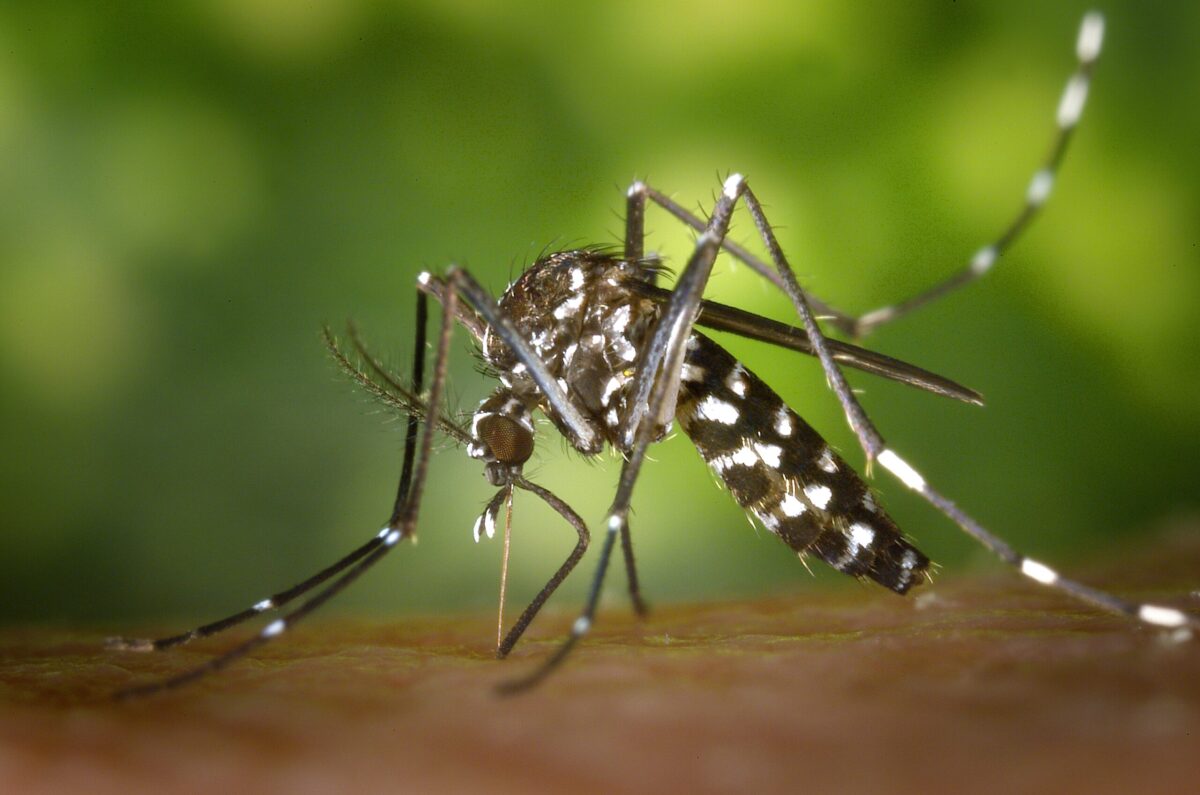
Identification: Black with a bold white stripe down the back and striped legs.
Habitat: Thrives in residential yards, shaded areas, and overwatered lawns—breeds in buckets, toys, and planters.
Behavior: Bites aggressively during the day, especially around ankles and legs.
Health Risks: Known to spread West Nile virus, Zika, and dengue.
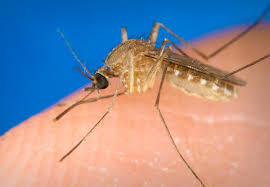
Identification: Light brown with darker bands on the abdomen.
Habitat: Found in stagnant water—storm drains, ditches, clogged gutters, and neglected pools.
Behavior: Active at night; frequently enters homes.
Health Risks: Primary vector for West Nile virus in the Mid-South.
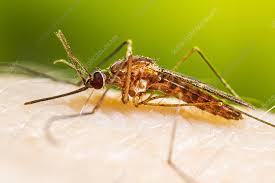
Identification: Medium-sized with four distinct dark spots on each wing; rests at an angle.
Habitat: Prefers clean, still water like ponds, marsh edges, and slow-flowing creeks.
Behavior: Most active at dawn and dusk.
Health Risks: Once a vector for malaria; currently known for itchy, persistent bites.

Germantown, Tennessee, is an affluent suburb of Memphis in Shelby County, renowned for its beautiful parks, top-rated schools, and vibrant community events. With an abundance of green spaces such as Municipal Park, Cameron Brown Park, and the Wolf River Nature Area, residents enjoy ample opportunities for outdoor recreation. However, the area’s warm, humid climate and numerous water features create ideal conditions for mosquito and tick populations, particularly during the warmer months.
The combination of residential neighborhoods, wooded areas, and proximity to bodies of water in Germantown provides an environment where mosquito activity can increase rapidly without proper management.
Health concerns in Germantown include mosquito-borne illnesses such as West Nile Virus and Zika Virus, as well as tick-borne diseases like Lyme disease and Rocky Mountain Spotted Fever. These risks highlight the importance of proactive mosquito and tick control measures to protect public health.
To mitigate these concerns, Germantown residents and local authorities have implemented strategies such as:
Eliminating standing water in yards, gutters, and outdoor containers to reduce mosquito breeding sites.
Regular mosquito surveillance and control programs conducted by the Shelby County Health Department, which include trapping and testing mosquitoes.
Engaging professional services for routine mosquito and tick treatments in residential and communal areas.
As a trusted mosquito control provider, we collaborate with Germantown homeowners and property managers to implement targeted treatments and offer expert prevention advice. Consistent professional mosquito treatments, combined with active community participation, help preserve the outdoor lifestyle that Germantown residents cherish.

Germantown’s warm, humid summers and frequent spring rains contribute to the accumulation of standing water, fostering mosquito breeding in areas like backyard containers, ditches, and natural wetlands. Ticks are most active during the spring and fall, thriving in wooded trails, tall grasses, and unmaintained yard spaces. While mild winters may reduce pest activity temporarily, occasional warm spells can lead to early mosquito emergence, necessitating year-round vigilance.
Mosquitoes and Proximity to Natural Features: Areas near Wolf River, local parks, and stormwater retention ponds are prone to elevated mosquito activity during the summer months.
Ticks and Dense Vegetation: Wooded parks, overgrown landscaping, and shaded walking paths serve as high-risk zones for ticks, particularly during the spring and fall.

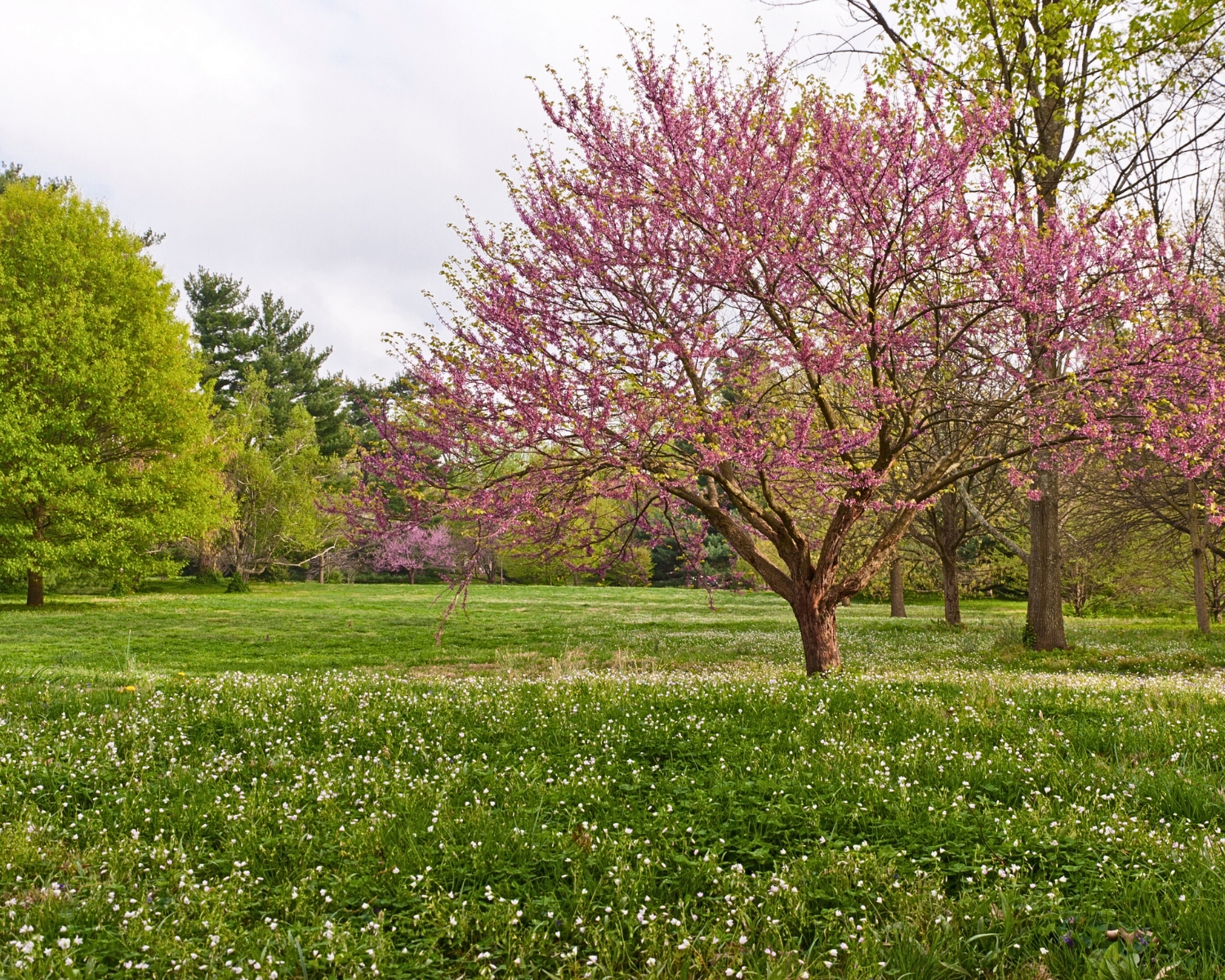
Key Activity: Season begins with rising temps and spring rainstorms.
Breeding: Flooded ditches, backyard containers, and clogged gutters quickly become breeding sites.
Common Species Active: Aedes aegypti and Culex quinquefasciatus begin appearing in residential areas.
Behavior: Increased biting during mornings and evenings.

Key Activity: Peak mosquito activity—humid, stormy weather fuels rapid breeding.
Breeding: Standing water is abundant—from birdbaths and puddles to storm drains and abandoned tires.
Common Species Active: Aedes albopictus, Aedes aegypti, and Culex quinquefasciatus dominate.
Behavior: Biting pressure is intense all day and night, especially in shaded or grassy yards.
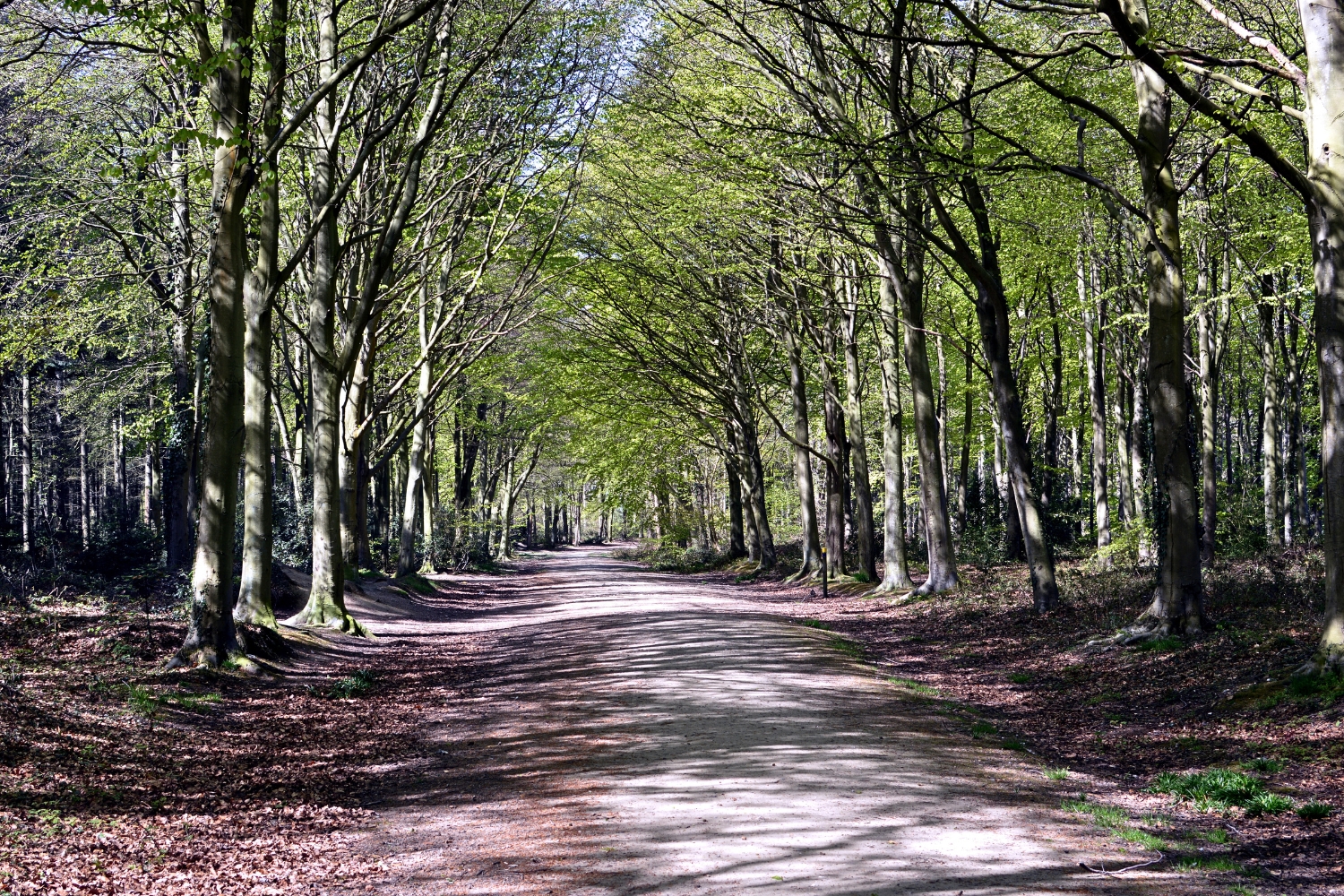
Key Activity: Mosquito activity tapers but stays present through mild fall days.
Breeding: Rainstorms and lingering yard debris hold just enough moisture to support limited breeding.
Common Species Active: Culex and Aedes species remain visible.
Behavior: Mosquitoes remain active on warmer days, particularly near wooded areas and drainage points.

Key Activity: Mosquito populations drop, but they don’t vanish completely.
Eggs: Aedes eggs survive in dry conditions and hatch with spring warmth and rain.
Adults: Some Culex mosquitoes overwinter in sheltered areas like garages or crawlspaces.
Behavior: Unseasonably warm days can trigger short bursts of activity.
